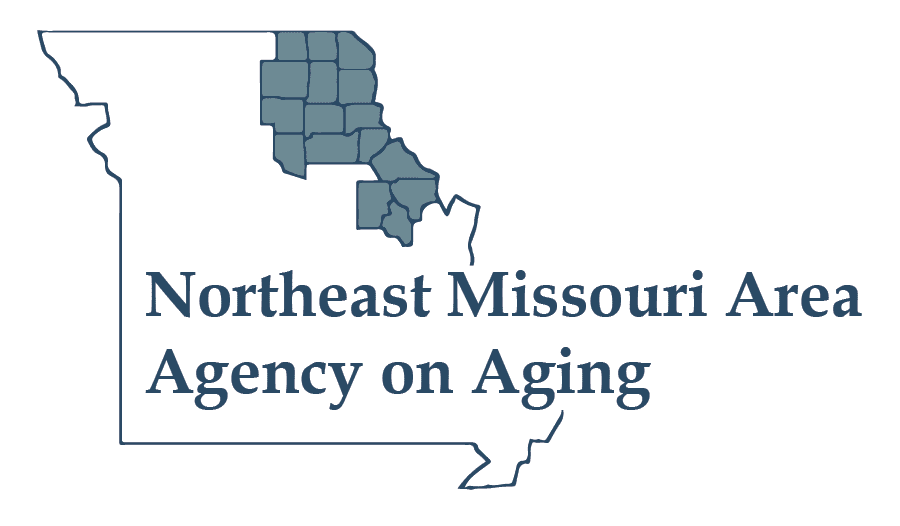National Volunteer Week reminds us of the value of selflessness and community engagement, showcasing the invaluable contributions volunteers make toward building a more compassionate and connected society.
Read on to explore the spirit of Volunteer Week, its historical roots, and practical methods for celebrating this momentous occasion.
What Is Volunteer Week?
National Volunteer Week is celebrated annually, and this year, it is from April 21 to 27. It gives an opportunity for individuals and groups to unite and acknowledge the hard work of those who willingly volunteer their time and skills to improve communities. This week also allows us to celebrate, join as a community, and take on significant social issues.
History
Volunteering is a centuries-old concept that emerges from the basic human need to help others without expecting anything in return. People have willingly donated their time, expertise, and resources to uplift their communities throughout history and today.
Emergence in the United States
President Richard Nixon officially recognized volunteerism in the United States. In 1974, he established National Volunteer Week via an executive order. This significant decision marked the official commencement of a tradition that continues to motivate individuals to volunteer today.
Expansion and Evolution
Since its inception, National Volunteer Week has evolved into a national movement that goes beyond geographical and cultural barriers. It is now a valuable custom shared by people, organizations, and communities to assist society and older generations.
Importance of Volunteer Week
National Volunteer Week holds significant importance for several reasons:
1. Inspiring Action
National Volunteer Week aims to raise awareness of volunteerism, highlight its significant benefits, and motivate others to get involved. Volunteering is mutually beneficial. It becomes a stimulant encouraging people to give back to their community and how they can a difference.
2. Building Awareness
National Volunteer Week raises awareness about the critical social issues that volunteers address. They use stories, activities, and media coverage to highlight problems such as poverty, homelessness, sustainability, senior care requirements, and social justice. This encourages conversation and action.
3. Strengthening Communities
Volunteerism is vital to building more robust and resilient societies. National Volunteer Week encourages community engagement and collaboration, fostering connections among individuals, organizations, and institutions. By working together towards common goals, communities can address challenges, promote inclusivity, and create a sense of belonging for all members.
4. Empowering Individuals
Participating in volunteer activities allows individuals to make a meaningful impact on issues that matter to them. It provides opportunities for personal growth, skill development, and social connection. Volunteers gain a sense of purpose, fulfillment, and belonging as they contribute their time and talents to the community’s welfare.
5. Promoting Social Responsibility
By highlighting the role of volunteers in addressing societal needs and senior care, Volunteer Week encourages individuals, businesses, and institutions to prioritize giving back to communities.
National Volunteer Week is a compelling reminder of how collective activity may benefit our communities and society. From its humble beginnings to its current prominence as a national movement, this week honors the spirit of generosity, compassion, and selflessness that motivates people to donate their time and skills for the common good.
At NEMO AAA, we aim to support seniors in maintaining their independence. We’re passionate about volunteering and helping our community and elders lead fulfilling lives on their own terms. Contact us to learn more.

